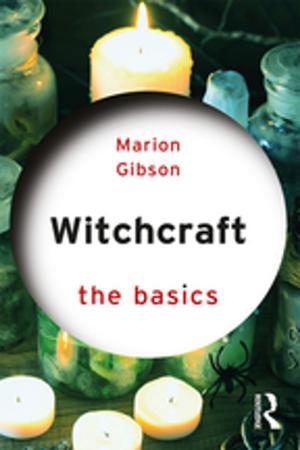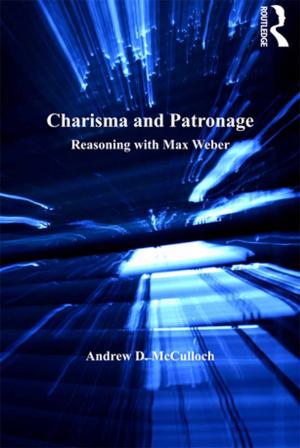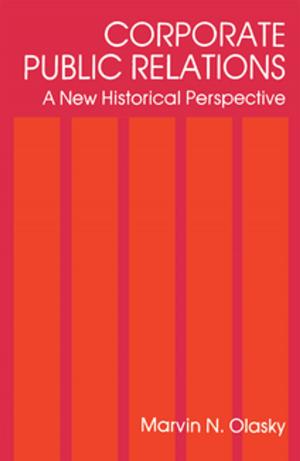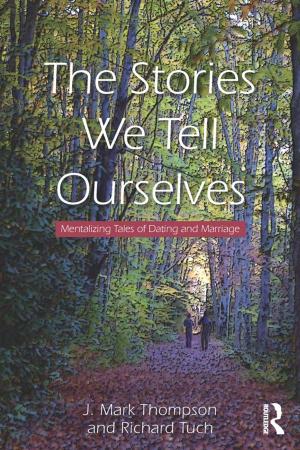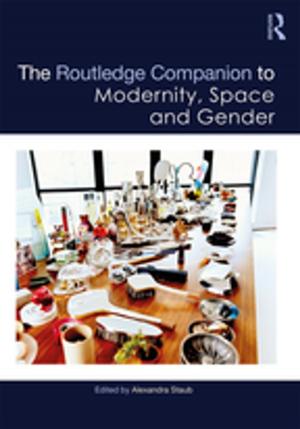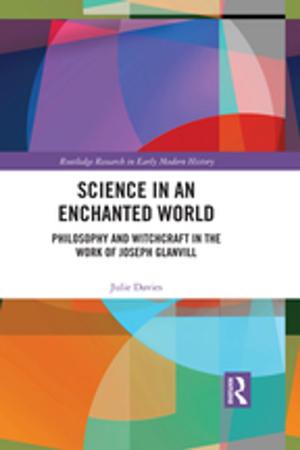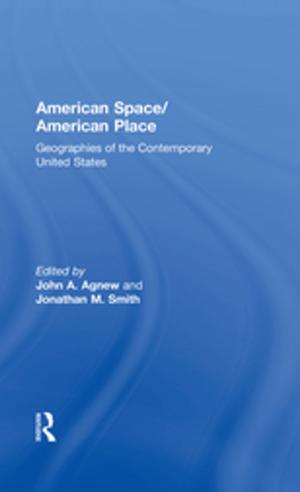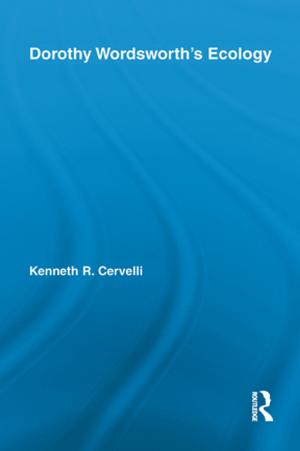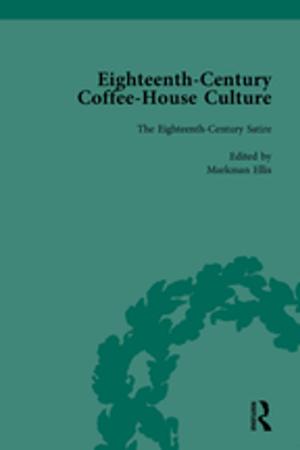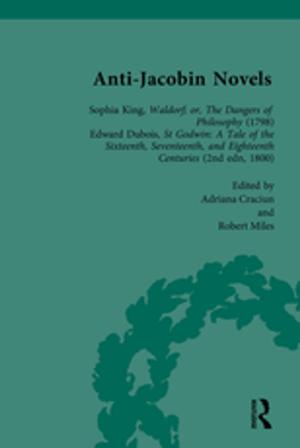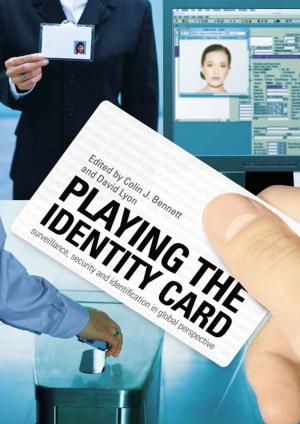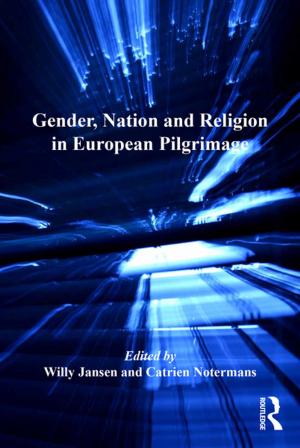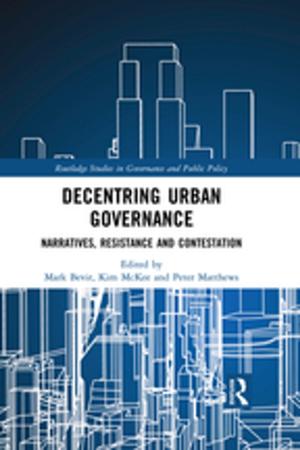Poetry Off the Page
Twentieth-Century British Women Poets in Performance
Fiction & Literature, Literary Theory & Criticism| Author: | Laura Severin | ISBN: | 9781351910606 |
| Publisher: | Taylor and Francis | Publication: | March 2, 2017 |
| Imprint: | Routledge | Language: | English |
| Author: | Laura Severin |
| ISBN: | 9781351910606 |
| Publisher: | Taylor and Francis |
| Publication: | March 2, 2017 |
| Imprint: | Routledge |
| Language: | English |
This study examines the performed poetry of Charlotte Mew, Anna Wickham, Edith Sitwell, Stevie Smith, Liz Lochhead, and Jackie Kay as an alternative radical tradition of British poetry, developed to convey women's experience. Through a historical treatment in which the poets are discussed in pairs, the chapters trace how these six women used a performative poetry to deal with difficulties regarding women's representation: from simply presenting difference in the case of Mew and Wickham, to deconstructing difference in the case of Sitwell and Smith, to avoiding the recapture of cultural imagery in the case of Lochhead and Kay. Laura Severin claims that twentieth-century British women poets have been neglected by both feminist and more traditional literary critics because they cannot be read within available literary frameworks. Feminist criticism, in particular, has overlooked the value of other poetic ancestries by locating the only radical tradition of modern poetry in fractured form. At least one alternative radical tradition can be found in a narrative and performed poetry that maximizes its transgressive potential with multiple framing devices. Though a female poet always experiences difficulty in controlling both cultural imagery and her own public presentation, these framing devices work together both to deconstruct the essentialized category of woman and to recover the multiplicity of women's experience.
This study examines the performed poetry of Charlotte Mew, Anna Wickham, Edith Sitwell, Stevie Smith, Liz Lochhead, and Jackie Kay as an alternative radical tradition of British poetry, developed to convey women's experience. Through a historical treatment in which the poets are discussed in pairs, the chapters trace how these six women used a performative poetry to deal with difficulties regarding women's representation: from simply presenting difference in the case of Mew and Wickham, to deconstructing difference in the case of Sitwell and Smith, to avoiding the recapture of cultural imagery in the case of Lochhead and Kay. Laura Severin claims that twentieth-century British women poets have been neglected by both feminist and more traditional literary critics because they cannot be read within available literary frameworks. Feminist criticism, in particular, has overlooked the value of other poetic ancestries by locating the only radical tradition of modern poetry in fractured form. At least one alternative radical tradition can be found in a narrative and performed poetry that maximizes its transgressive potential with multiple framing devices. Though a female poet always experiences difficulty in controlling both cultural imagery and her own public presentation, these framing devices work together both to deconstruct the essentialized category of woman and to recover the multiplicity of women's experience.

